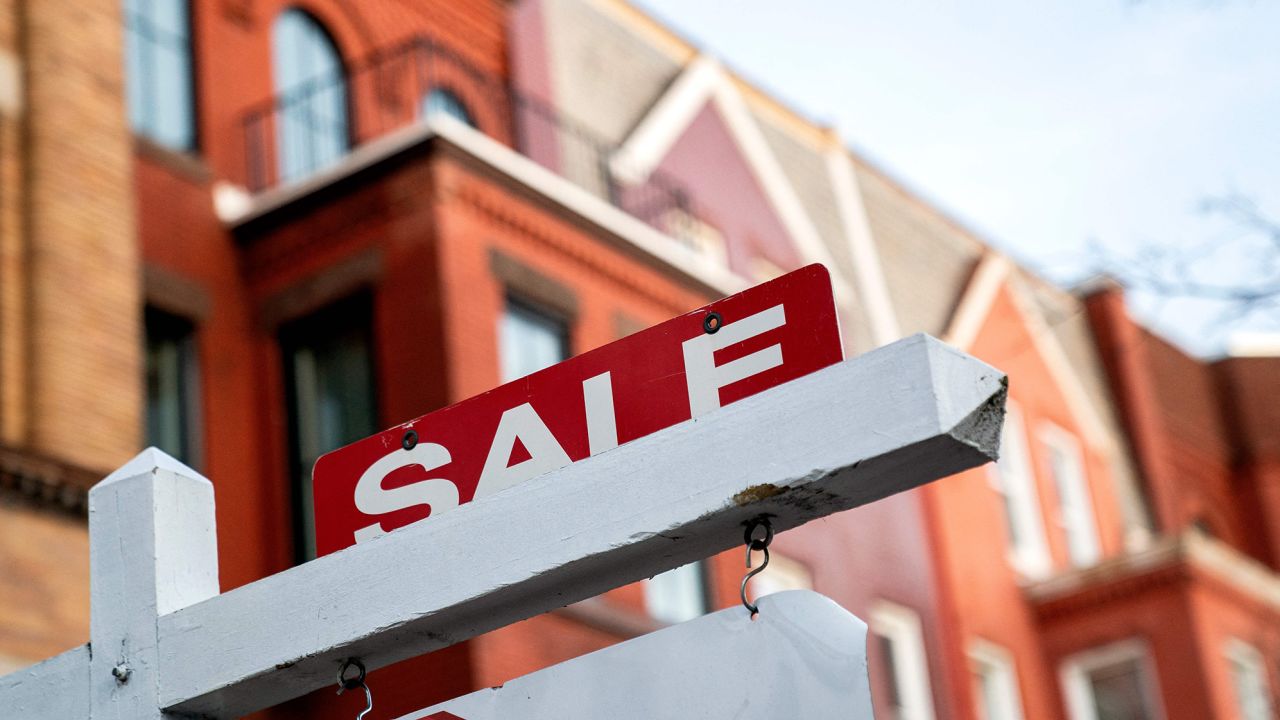Mortgage rates climbed higher for the second consecutive week, following four weeks of declines. Inflation is running hotter, making rates more volatile, with the expectation that they will move in the 6% to 7% range over the next few weeks.
The 30-year fixed-rate mortgage averaged 6.32% in the week ending February 16, up from 6.12% the week before, according to data from Freddie Mac released Thursday. A year ago, the 30-year fixed-rate was 3.92%.
After climbing for most of 2022, mortgage rates had been trending downward since November, as various economic indicators indicated inflation may have peaked. But a stronger-than-expected jobs report and a Consumer Price Index report that showed inflation is only moderately easing suggest the Federal Reserve could continue hiking its benchmark lending rate in its battle against inflation.
Inflation is keeping mortgage rates volatile, said Sam Khater, Freddie Mac’s chief economist.
“The economy is showing signs of resilience, mainly due to consumer spending, and rates are increasing,” said Khater. “Overall housing costs are also increasing and therefore impacting inflation, which continues to persist.”
The average mortgage rate is based on mortgage applications that Freddie Mac receives from thousands of lenders across the country. The survey includes only borrowers who put 20% down and have excellent credit. Many buyers who put down less money upfront or have less than ideal credit will pay more than the average rate.
Inflation cooling, but still hot
Investors are digesting the latest economic data, said George Ratiu, Realtor.com manager of economic research.
The Fed does not set the interest rates that borrowers pay on mortgages directly, but its actions influence them. Mortgage rates tend to track the yield on 10-year US Treasury bonds, which move based on a combination of anticipation about the Fed’s actions, what the Fed actually does and investors’ reactions. When Treasury yields go up, so do mortgage rates; when they go down, mortgage rates tend to follow.
“While the Fed signaled that it will continue to raise rates this year, the moves are expected to come in 25 basis point increments, a less aggressive tightening than what we saw in 2022,” said Ratiu. “The central bank is acknowledging that it sees its monetary actions having a tangible effect on inflation. The CPI data out this week seems to confirm the bank’s views.”
At the same time, he said, many companies expect the economy will enter a recession as a result of the Fed’s rate hikes, even in the face of data pointing to continued resilience.
“This expectation is becoming more visible in the growing number of companies resorting to layoffs as a hedge against a potential economic slowdown,” he said. “People who are laid off pull back on spending, and even those who are still employed may begin to do the same due to worries about losing their job, thus potentially sending consumer spending into a downward spiral.”
Home buyers should expect rates to remain elevated
For home buyers, the cost of financing a home is expected to go up.
Already, rates have been climbing in recent weeks, leading to a drop in mortgage applications. Last week, applications fell 7.7% from one week earlier, according to the Mortgage Bankers Association.
Buyers are proving to be interest rate sensitive, according to MBA.
“Purchase applications dropped to their lowest level since the beginning of this year and were more than 40% lower than a year ago,” said Joel Kan, MBA’s vice president and deputy chief economist. “Potential buyers remain quite sensitive to the current level of mortgage rates, which are more than two percentage points above last year’s levels and have significantly reduced buyers’ purchasing power.”
Mortgage rates are expected to move in the 6% to 7% range over the next few weeks, said Ratiu.
For housing markets, he said, “the rebound in rates translates into higher mortgage payments, adding pressure on homebuyers.”








